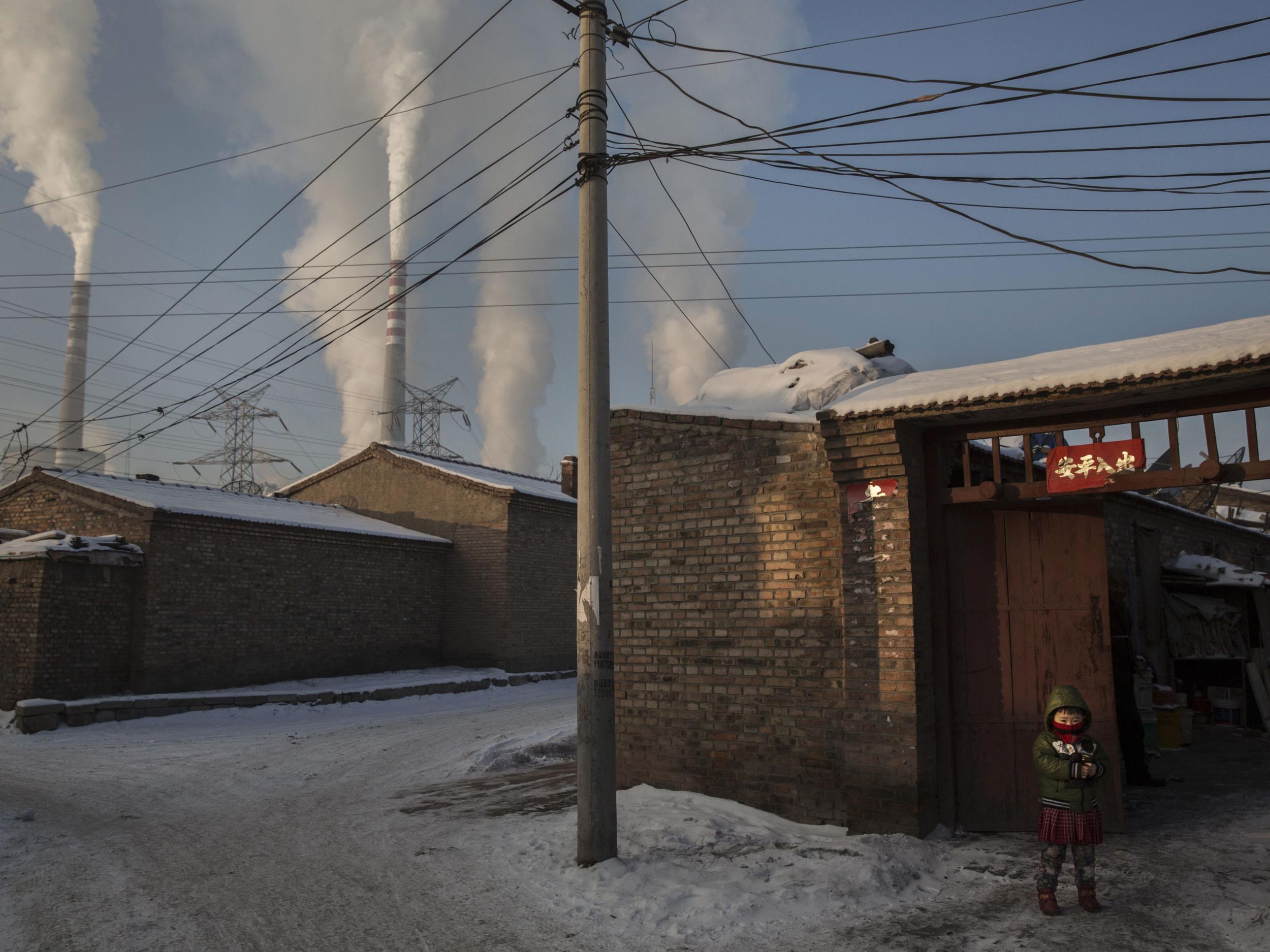Closing coal and oil power plants leads to healthier babies being born, finds study
‘Perhaps it's time for the health of our children to be the impetus behind reducing the common sources of ambient air pollution. Their lives depend on it’

Your support helps us to tell the story
From reproductive rights to climate change to Big Tech, The Independent is on the ground when the story is developing. Whether it's investigating the financials of Elon Musk's pro-Trump PAC or producing our latest documentary, 'The A Word', which shines a light on the American women fighting for reproductive rights, we know how important it is to parse out the facts from the messaging.
At such a critical moment in US history, we need reporters on the ground. Your donation allows us to keep sending journalists to speak to both sides of the story.
The Independent is trusted by Americans across the entire political spectrum. And unlike many other quality news outlets, we choose not to lock Americans out of our reporting and analysis with paywalls. We believe quality journalism should be available to everyone, paid for by those who can afford it.
Your support makes all the difference.Shutting down coal and oil power plants has been linked with a drop in premature births by a new study.
The closure of eight power plants in California prompted researchers to examine the impact this had on births in the surrounding community.
They found the year following the shutdown of each plant saw a decline in the rate of premature births in the local area – an effect that was particularly pronounced in African American and Asian women.
Lead author of the study, Dr Joan Casey of the University of California, Berkeley, said she was “excited to do a good news story in environmental health”.
“Most people look at air pollution and adverse health outcomes, but this is the flip side.
“We said, let’s look at what happens when we have this external shock that removes air pollution from a community and see if we can see any improvements in health.”
Their results, which were published in the American Journal of Epidemiology, saw the rate of premature births drop by between 20 and 25 per cent (depending on their ethnic background).
The scientists also showed the impact on the premature birth rate became more pronounced the further away from power planets they looked.
Premature births are known to be linked with infant mortality, as well as health problems later in life.
As a comparison, the research team repeated their analysis on eight power plants that had not yet closed – and found no difference in premature birth rates over the same timescale they examined for the decommissioned plants.
Though the study could not identify a causal link between the decline of fossil fuels in the surrounding area, it was consistent with other research that has found links between air pollution from power plants and birth problems.
Another recent paper published in the journal Environmental Health found that birth rates saw a slight rise after coal and oil plants in the neighbouring area had closed.
Other studies have used pregnant mice as stand-ins for human mothers, and found that fine particle air pollution increased the risk of premature births and low birth weight.
“We believe that these papers have important implications for understanding the potential short-term community health benefits of climate and energy policy shifts, and provide some very good news on that front,” said co-author Professor Rachel Morello-Frosch.
“These studies indicate short-term beneficial impacts on preterm birth rates overall and particularly for women of colour.”
“It would be good to look at this relationship in other states and see if we can apply a similar rationale to retirement of power plants in other places,” said Dr Casey.
The impact of air pollution on pregnancy and young children is not restricted to the substances emitted by power plants. Researchers at Imperial College London have used data on over half a million babies born in the capital to conclude air pollution is associated with underweight babies.
In a commentary accompanying Dr Casey’s paper, Dr Pauline Mendola of the National Institute of Child Health and Human Development said: “Casey and colleagues have shown us that retiring older coal and oil power plants can result in a significant reduction in preterm birth and that these benefits also have the potential to lower what has been one of our most intractable health disparities.
“Perhaps it’s time for the health of our children to be the impetus behind reducing the common sources of ambient air pollution. Their lives depend on it.”
Join our commenting forum
Join thought-provoking conversations, follow other Independent readers and see their replies
Comments